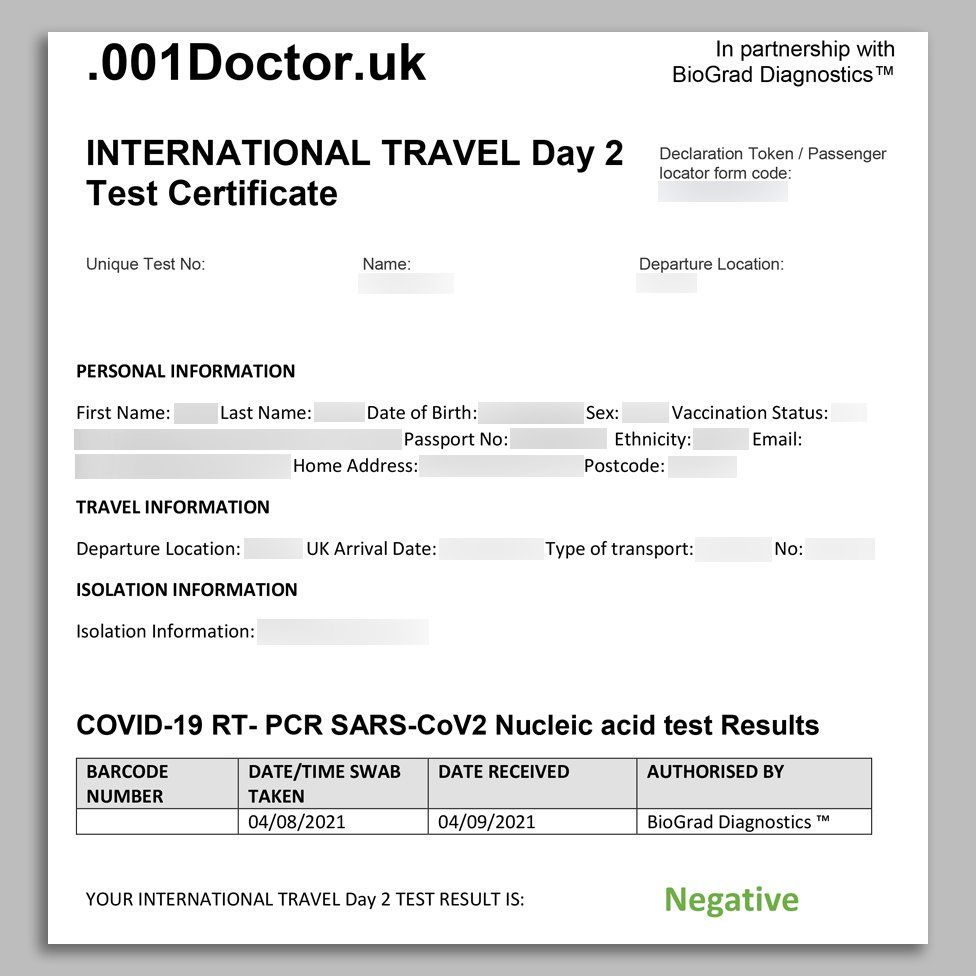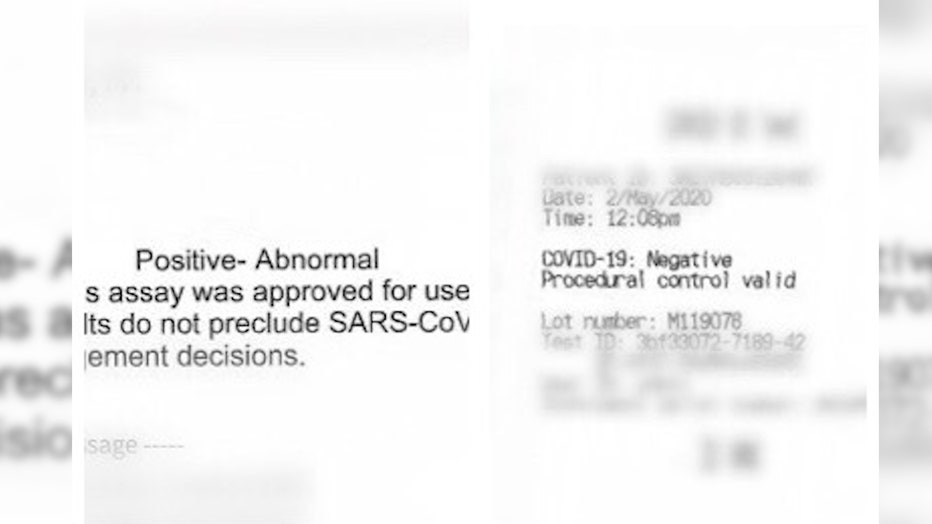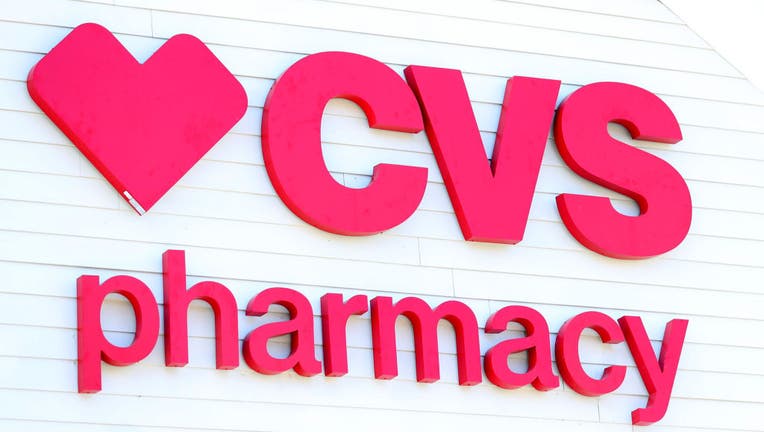
You do not need to be registered with a GP. You can find a walk-in COVID-19 vaccination site to get a vaccine without an appointment. You can use textphone 18001 or the NHS 119 British Sign Language (BSL) interpreter service if you have difficulties communicating or hearing, or if you are a BSL user. If you have difficulties communicating or hearing

You can speak to a translator if you need to.
#Cvs covid test result free
You can call 119 free of charge to book over the phone if you are not able to book online. To change or cancel your appointment, you’ll need the booking reference number we sent you. Several people who were tested at CVS drive-thru sites told Boston 25 News they found themselves in a confusing holding pattern after the test. The service will check if you need a vaccine before you book. BOSTON Patients who took self-swab COVID-19 tests at several CVS locations in Massachusetts put their lives on hold for results that never came. If you develop a new health condition or start treatment that severely weakens your immune system, you may be able to get vaccinated sooner if your clinician or GP surgery advises it. The importance of water.After 30 June 2023, you can no longer book a COVID-19 vaccine online.Īfter this date, you will only be able to get a vaccination if you are at increased risk from COVID-19, and in most cases, you will have to wait until the autumn. Sugar-sweetened beverages and weight gain in children and adults: a systematic review from 2013 to 2015 and a comparison with previous studies. Luger M, Lafontan M, Bes-Rastrollo M, Winzer E, Yumuk V, Farpour-Lambert N. doi:10.3390/nu10121928Ĭenters for Disease Control and Prevention. Water intake, water balance, and the elusive daily water requirement. Chronic recurrent dehydration associated with periodic water intake exacerbates hypertension and promotes renal damage in male spontaneously hypertensive rats. Hilliard LM, Mirabito Colafella KM, Bulmer LL, et al. Hypertonicity: clinical entities, manifestations and treatment. Rondon-Berrios H, Argyropoulos C, Ing TS, et al. Diagnosis and management of sodium disorders: hyponatremia and hypernatremia. High blood pressure.īraun MM, Barstow CH, Pyzocha NJ. National Heart, Lung, and Blood institute. Get the facts: data and research on water consumption. Dietary references intakes for water, potassium, sodium, chloride, and sulfate.Ĭenters for Disease Control and Prevention.

Acute and chronic effects of hydration status on health. What does blood do?Įl-Sharkawy AM, Sahota O, Lobo DN. Institute for Quality and Efficiency in Health Care. It's important to consume plenty of water if you choose to drink alcohol. Alcohol: These beverages are known to dehydrate the body because of the sugars they contain.The sugars from soda and additives in coffee don’t allow the body to effectively absorb water. Yet, caffeine can cause you to lose fluid since it acts as a diuretic. Caffeinated drinks: Beverages like soda and coffee do add to your daily water intake.These drinks typically contain large amounts of caffeine and other additives and should be avoided if you have high blood pressure. Energy drinks: Energy drinks are different from sports drinks in that they don't replace electrolytes.These are only recommended if you're exercising for long periods since they're known to replace the electrolytes lost through sweating. Sports drinks: These have high sugar content and should be avoided if you have high blood pressure.Some of the drinks to limit and or avoid with high blood pressure include: In general, it's best to avoid sugary drinks as they can contribute to weight gain. No matter how years you've smoked, stopping at any age can help reverse many of the harms.

Stop smoking: Cigarette smoke causes the constriction of blood vessels which contributes to both high blood pressure and heart disease.If you cannot stop, speak with your healthcare provider about alcohol treatment. Males should drink no more than two drinks per day, while females should limit their intake to no more than one drink per day. Reduce your alcohol intake: Alcohol can significantly raise blood pressure.Most adults are advised to get seven solid hours of sleep per night. Get enough sleep: Not getting enough sleep throws off your sleep cycle and causes an imbalance of hormones, including those that regulate blood pressure.This may include brisk walking, swimming, or cycling. Be physically active: Adults should get a minimum of 2 hours and 30 minutes of moderate-intensity exercise every week (or roughly 30 minutes a day, 5 days a week).Achieve and maintain your ideal weight: Your healthcare provider can help you calculate your ideal weight based on your body mass index (BMI).

Eat a heart-healthy diet: This involves eating a variety of foods rich in potassium, fiber, and protein, while reducing your intake of salt and saturated fat.


 0 kommentar(er)
0 kommentar(er)
